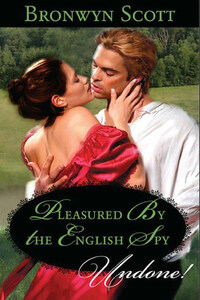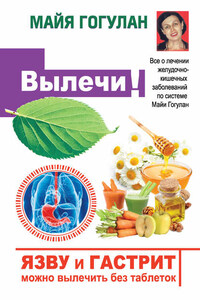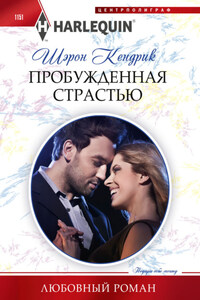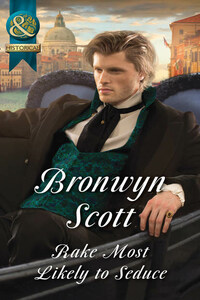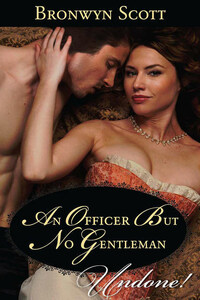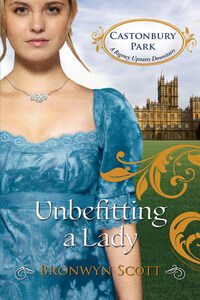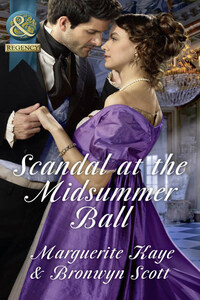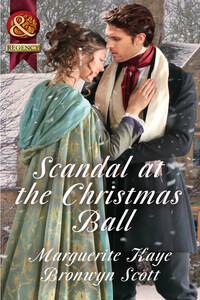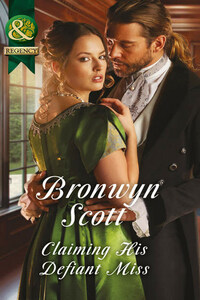I cannot think of a lovelier place to be than Florence, Italy, in the fall. The days are comfortably cool and the new wine is almost ready. Iâve been wanting to do a story set in and around Florence for some time now. I had the good fortune to live in Florence on a teaching assignment a few years ago and I fell in love with it. So I jumped at the chance to put Andrew Truesdale there on his adventure.
Andrew Truesdale is a friend of Valerian Inglemoore, the Viscount St. Just from The Viscount Claims HisBride (March 2009 Mills & Boon Historical) during Valerianâs years abroad. The Viscountâs circle of friends during this time include Julian Burke, in the January 2009 Undone short eBook Libertine Lord,Pickpocket Miss, Andrew Truesdale, who gets his own story here in Pleasured By the English Spy, Camden Mathison and Valerianâs lovely cousin Emma, both of whom hope for their own adventures in the future.
The Undone short stories have been a fun way to explore some of the experiences Valerian refers to in The Viscount Claims His Bride when he returns home after nine years abroad. Now, when Val is talking about how he sent a Chusan palm home from Italy, you know exactly what he and his friends were doing when that occurred! You can say, âah, that must have been whenâ¦.â
For fun facts about Florence and other settings used in my Undone short stories, come visit my blog at www.bronwynswriting.blogspot.com
Ciao!
Chapter I
October 1823, Florence Italy
Ah. He could breathe again. Andrew Truesdale steadied the gray-flecked stallion beneath him and sucked in a lungful of country air. Below him lay the red-roofed duomo that majestically marked the landscape of Florence. Beyond it, to the west, lay the dome of the Medici Chapel in the San Lorenzo neighborhood. From the hills above, the city looked peaceful, even stately and organized, each neighborhood marked with churches and towers.
Up here, one was hard-pressed to believe in the chaos below. Hidden from view were twisting streets hardly big enough for the service wagons that traveled through them and the narrow pavements that lined them. Certainly there were things he loved about Florence. The tight spaces were not among that number.
He preferred the wide openness of the countryside, any countryside. It didnât have to be the English countryside. It was the rhythm of the land he loved. He could see it in the change of the seasons, in the rituals of the harvest. In many ways, he believed October was the best time to be in Italy; the grapes were ready to pick for the new wines, olives hung plump with juice on their branches waiting to be plucked. There would be long days of hard work ahead for those who harvested the land, followed by nights of laughter and feasting as they celebrated the bounty saved in their storehouses, security against the coming year. If life was busy during the harvest it was simple too, with everyone focused on the singular goal of bringing in the crops.
He knew the pattern of this season intimately. Heâd been here before, lived here as a boy with his grandparents. It was why heâd been the one chosen to come, the one the British delegation in Vienna had trusted with this mission.
Andrew turned his horse onto the upward path that led to his destination: the Villa of the Breezes, home to the woman whom the British believed held the key to the latest wave of liberal nationalism to gain momentum in the wake of Napoleonâs ruined empire.
He gave the sure-footed stallion full rein to find a way over the hilly path, while he turned his thoughts to the details of his commission. Like most of the diplomatic work heâd been involved with in Vienna, this latest assignment was both straightforward and complicated. A few months earlier another attaché, the Viscount St. Just, had written from Florence, where heâd stopped en route to his destination in Naples. St. Just had sensed something was afoot in the salons of Florence, but hadnât had the time to investigate further. The corps of diplomats in Vienna, headed by the viscountâs uncle, had decided to send a delegate to Florence.
Andrew was to befriend the widowed contessa whoâd come to St. Justâs notice. He was to discover what went on at her salons, what politicos frequented her gatherings. She wouldnât be the first to attempt to sponsor a nationalist revolution under the cover of a harmless intellectual gathering. If St. Justâs suspicions were borne out, things would get thorny. The complications were in the consequences of Andrewâs findings.
Britainâs position on liberal nationalism was tenuous. Theoretically, Britain supported the desire of territories to bind together into larger nation-states. Under Napoleonâs regime, Italy, a region populated by city-states and principalities, had been converted into the Kingdom of Italy. After Napoleonâs defeat, the country was swamped with a sense of national unity that competed with the Conference of Viennaâs decision to disband the Kingdom of Italy and return the lands to their original status. Lands had been restored, but the wave of nationalism had not subsided.
